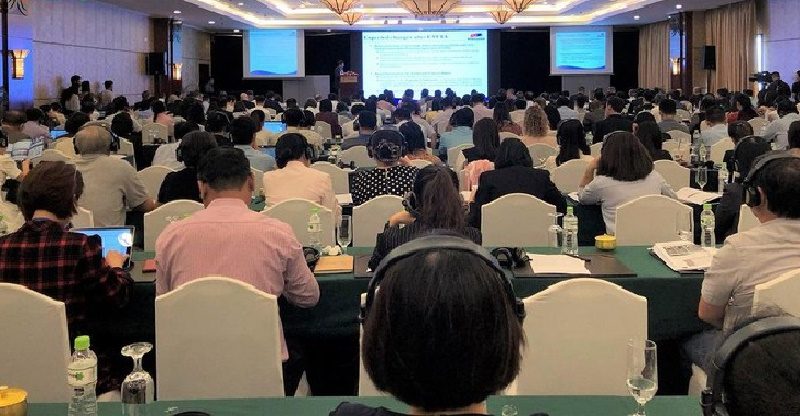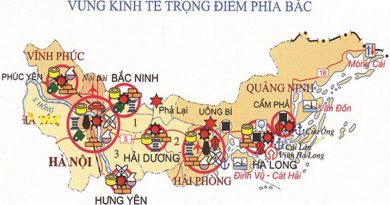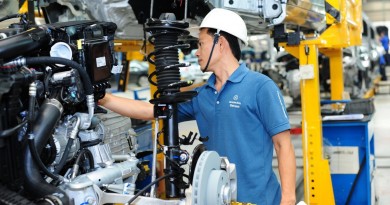EVFTA promises fresh opportunities for small and medium enterprises
The EU-Vietnam Free Trade Agreement is expected to bring about a slew of new opportunities for small and medium-sized enterprises when the pact comes into force with the elimination of tariff lines and other obstacles facing Vietnamese exports to the European market.
The remark was highlighted at a workshop jointly held by the Ministry of Industry and Trade (MoIT) and the EU Delegation to Vietnam in Ho Chi Minh City on July 30.

According to the EU Delegation to Vietnam, cooperation bonds between both sides, including trade exchanges, have seen many thriving developments in the past years. The EU-Vietnam Free Trade Agreement (EVFTA), which was inked by both sides on June 30, will help to bolster the sustainability of bilateral cooperation.
Europe now represents the third largest market for Vietnamese exports and ranks fifth among countries and territories making foreign direct investment projects in Vietnam, situated only behind East Asian countries.
The EVFTA prescribes specific requirements and standards for imported goods to be implemented by small and medium – sized enterprises (SMEs). Indeed, these requirements are quite familiar to large exporters which make regular shipments to the trading bloc.
The trade deal is thought to pose a range of challenges to local businesses, especially SMEs, in standardizing their production processes in conformity with labour regulations and standards set for goods imported into the bloc.
Workshop attendees warned that agricultural enterprises must make more concerted efforts to improve the overall quality of farm produce and foodstuff as these items have yet to gain a firm foothold within the European market.
They urged local businesses to actively update EVFTA – related information prior to the implementation of the trade pact. Special attention should be paid to clarifying specific chapters and terms stipulated in the agreement.
Nguyen Son Tra, an official from the MoIT’s Multilateral Trade Policy Department, noted that firms must be more proactive in mastering the commitments which Vietnam and the EU have made in the EVFTA.
Companies also need to alter their way of doing business and view EVFTA challenges as a driving force for them to increase their own innovation and product quality, in a bid to better meet the EU’s requirements on imports.





